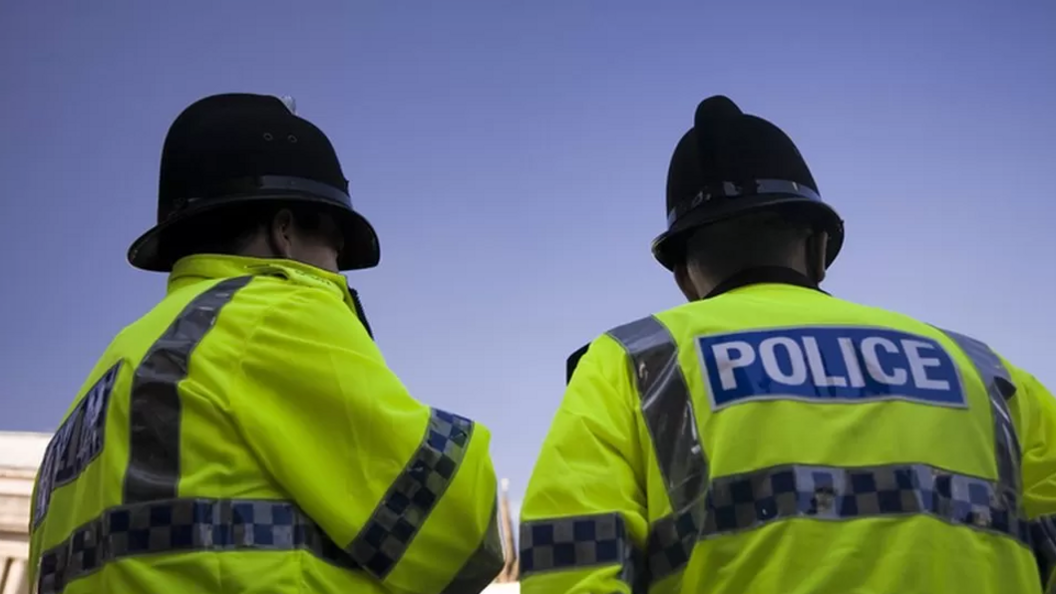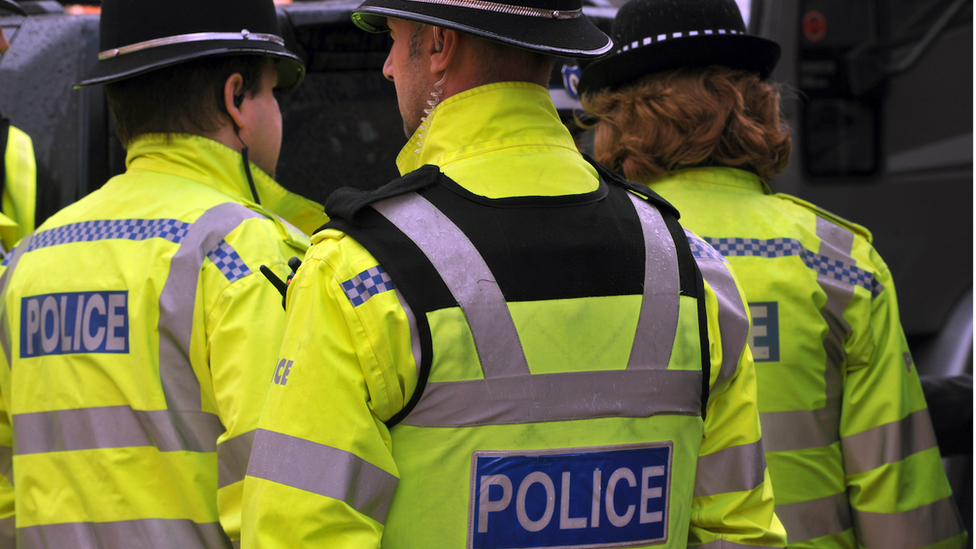Police told to improve dealings with children

Inspectors found that not all officers had enough training
- Published
A report into the way West Midlands Police deals with children has found it requires improvement in a number of areas.
His Majesty's Inspectorate of Constabulary and Fire Services said the force needed to improve the way it gathered information from children at risk.
It also needs to make sure officers correctly flag children at risk and to make sure officers have the training to deal with child sexual exploitation.
West Midlands Police welcomed the report and said it "acknowledged the dedicated work of officers and staff who work in child protection, who face the most complex challenges".
Assistant Chief Constable Jen Mattinson added: "Child protection is a complex area of policing and we know there's more we need to do, we have already put plans in place to focus on the areas that require improvement."
The report praised the force for the way it worked with partners and that it had enough officers to provide effective safeguarding services for children and their families.
Report author Michelle Skeer said she was reassured that the force "responded promptly and comprehensively" to feedback during the inspection and had already put plans in place to address the areas in which it needed to improve.
The report said there were concerns about the appropriate scheduling of appointments with children at risk.
It said that in some cases there was no assessment of risk between the initial call and the first appointment.
The report also said that police officers often did not record the views of the children involved.
It said in some cases of child sexual exploitation officers "did not demonstrate they understood the child's experience or their wishes even when the children were victims of crime".
'Inconsistent' at flagging risk
The inspection team also said the force needed to improve its understanding of why children were going missing.
The report said the force "hadn't routinely carried out prevention interviews and return home interviews with children once they were found or had returned home".
On the issue of recording children in danger, it said the force was "inconsistent in its use of flags to identify children who were at risk of and harmed by criminal and sexual exploitation".
The report said it was also "inconsistent at flagging perpetrators who pose a risk to children".
Finally, it said the force allocated a response officer in all the cases of child sexual exploitation it reviewed, but not all response officers had enough training or guidance to help them understand what they should do.
It said it found officers did not always seize media devices from child victims and in some cases were slow to follow up on potential offenders.
In one case it took three months to arrest a 21-year-old man who had been identified as having sexually exploited a 13-year-old girl in a hotel room.
The force was given eight weeks to provide a formal reply to the report, setting out how it plans to make the required improvements.
Get in touch
Tell us which stories we should cover in Birmingham and the Black Country
Follow BBC Birmingham on BBC Sounds, Facebook, external, X, external and Instagram, external.
Related topics
More stories like this
- Published18 September 2024

- Published23 July 2024

- Published24 November 2023
